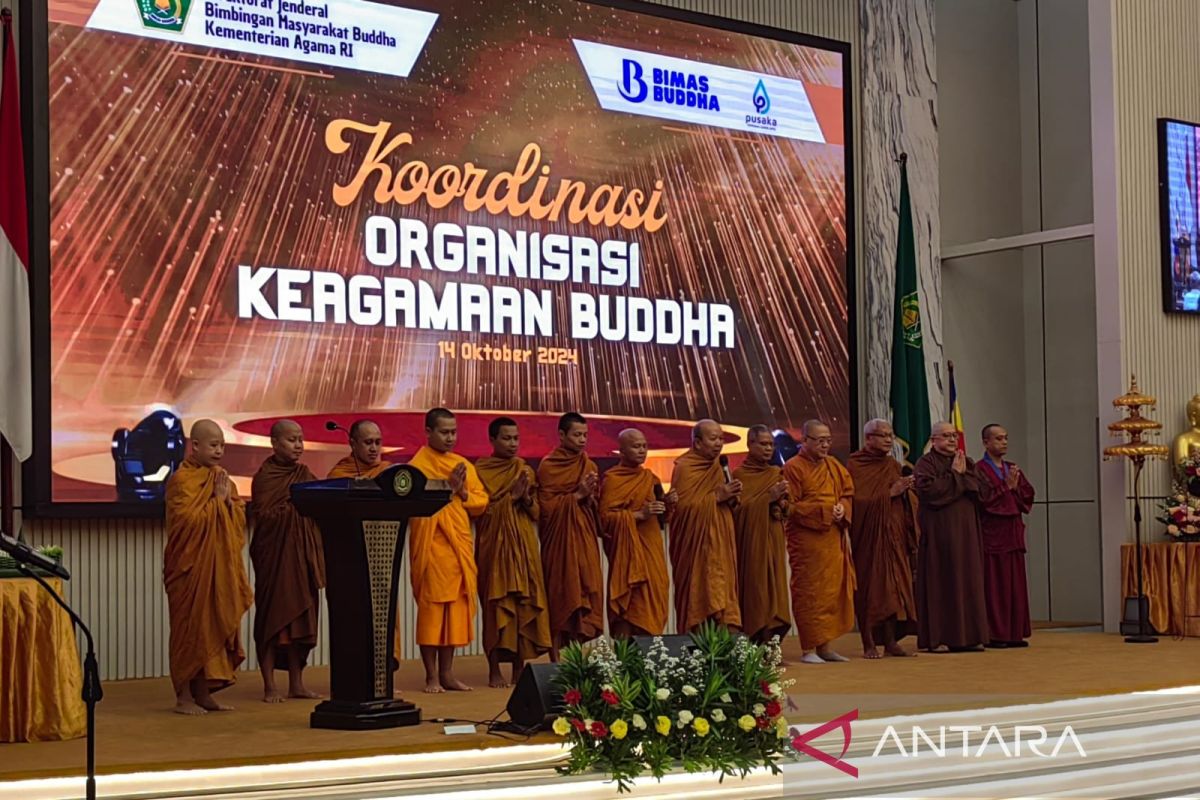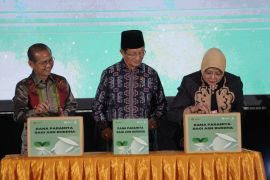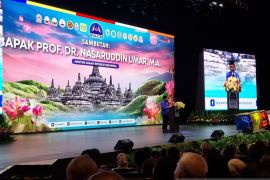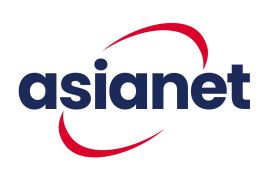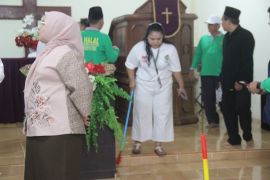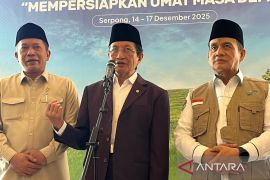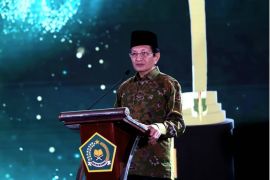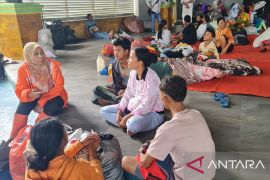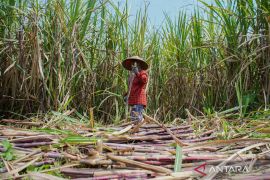Supriyadi made the statement at an event commemorating the 19th anniversary of the Directorate General of Buddhist Community Development in Jakarta on Monday.
Dhammasekha schools are divided into four levels, namely Nava Dhammasekha (early childhood education), Mula Dhammasekha (elementary school level), Muda Dhammasekha (junior high school level), and Uttama Dhammasekha (vocational high school level).
He noted that the schools are established to meet the community's educational needs and to provide quality education.
He highlighted that of the 49 Dhammasekha schools, 19 are currently in the accreditation process within the National Accreditation Board for Early Childhood, Elementary, and Secondary Education.
Related news: Minister Qoumas expects Buddhist schools to shine nationally
"The Directorate General of Buddhist Community Development seeks to facilitate education as part of national education to create quality, superior, and competitive human resources and those who are able to understand and emulate the noble teachings of the Buddha," he remarked.
Supriyadi affirmed that his side continues to invite various parties to become work partners in improving the quality of education.
"The Dhammasekha is expected to play a role in realizing a deep understanding of Buddhist teachings (among people). We need to jointly support Dhammasekha as a priority program of the Directorate General of Buddhist Community Development," he remarked.
At Monday's event, Supriyadi also conveyed several achievements clocked by the directorate general, such as the launch of the Braille Dhammapada for visually impaired Buddhists.
It has also created the belajarbuddha.id learning management system to support the improvement of religious education independent learning.
Related news: Ministry urges Permabudhi to nurture Indonesia's Buddhist community
Translator: Asep Firmansyah, Raka Adji
Editor: Yuni Arisandy Sinaga
Copyright © ANTARA 2024
